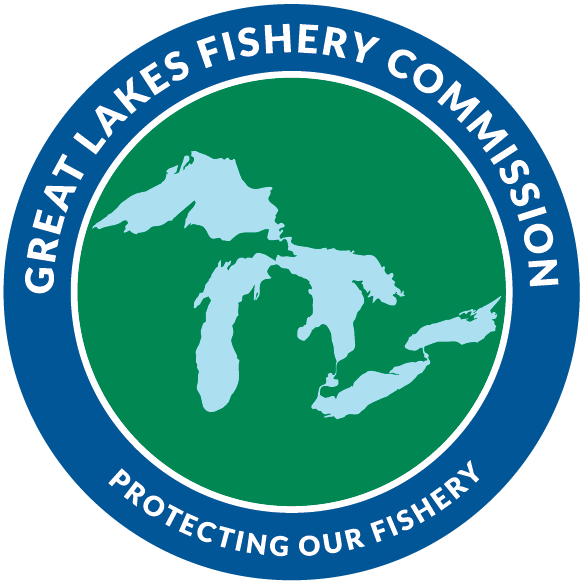The History behind the Canada-U.S. Convention on Great Lakes Fisheries:
A Seven-Decade Effort
Authors
Marc Gaden, Cory O. Brant, and Robert Lambe
Citation
Gaden, M., Brant, C. O., and Lambe, R. 2022. The history behind the Canada-U.S. convention on Great Lakes fisheries: a seven-decade effort. Great Lakes Fishery Commission, Laurentian 2022-01. DOI: https://doi.org/10.70227/SDJK2584
Abstract
Canada and the USA share the Great Lakes, and, for most of the region's history, cross-border collaboration over the fishery was nonexistent, resulting in serious economic and ecological harm. This publication, which covers the late 1800s to 1955, traces the efforts to establish a binational treaty to govern the Great Lakes fishery. We explore the circumstances Great Lakes fishers found themselves in at the dawn of the 20th century, the chaos caused when multiple jurisdictions did not cooperate (called “divided governance”), the political pressures stakeholders exerted to eliminate agreements they disliked and promote agreements they liked, and the scientific community that made biological cases to act and, occasionally, stepped into the political fray. The road to establish a permanent body to ensure collaboration was long and tortuous and included two failed attempts at a treaty, one attempt in 1908 and another attempt in 1946. A third treaty attempt, the 1954 Convention on Great Lakes Fisheries between the United States and Canada, succeeded, which created the Great Lakes Fishery Commission as a permanent mechanism for bilateral cooperation. By 1954, influential persons could no longer tolerate the governments' unwillingness to address severe declines in fish stocks and concomitant economic losses, inconsistent science, and the Sea Lamprey Petromyzon marinus invasion. This publication draws from hearings and debates in the Parliament of Canada and the U.S. Congress, national and international boards of inquiry, previously confidential documents that contain the strategies of those engaged in bilateral negotiations, and the literature.
About Laurentian
Scope
Launched in 2022, Laurentian replaces three historically separate, irregularly published Commission journals: Technical Report, Special Publication, and Miscellaneous Publication. Laurentian will continue to serve as an outlet for publication of interdisciplinary review and synthesis papers; narrowly focused material with special relevance to a single but important aspect of the Commission’s mandate under the Convention; and scientific reports from committees that work under the umbrella of the Commission. In addition, relevant papers that do not fit the format of mainstream journals owing, for instance, to length, extensive datasets, or nature of the material and its presentation, will be considered. For further clarification, authors are encouraged to review recent papers published under the three former titles, all available on the Commission’s website (www.glfc.org).
Editorial Process
All accepted submissions to Laurentian will be citation indexed by ProQuest®. In continuing with this scholarly process, all submissions will be reviewed by external experts, freelance editors, or staff editors as indicated by the nature of the material. Manuscripts should be submitted to the Commission’s Managing Editor (randye@glfc.org) to begin the editorial process. The editor may also be consulted in advance of submission, if authors are unsure regarding whether a proposed paper is suitable for Laurentian. After a submission is determined to be suitable for Laurentian, the Managing Editor will forward it to one or more freelance Technical Editors, who will arrange for peer review, as needed based on subject matter. Reviews by Technical Editors and the Managing Editor may satisfy the requirement for review, or additional reviews may be sought by a freelance editor. The Managing Editor will decide on acceptance and requirements for revision based on recommendations from Technical Editor(s) and the Managing Editor’s own review.
Style
The style guide of the American Fisheries Society (A Guide to AFS Publications Style) has been adopted for Laurentian (https://fisheries.org/books-journals/writing-tools/style-guide/).

